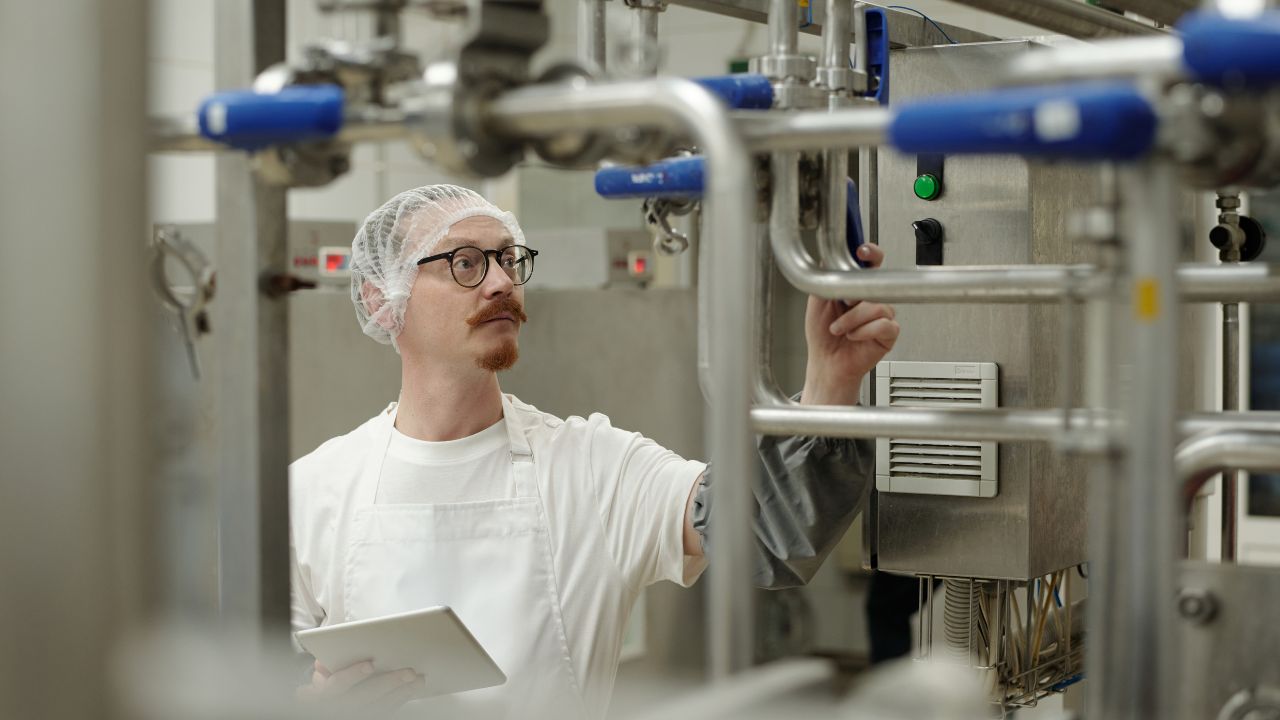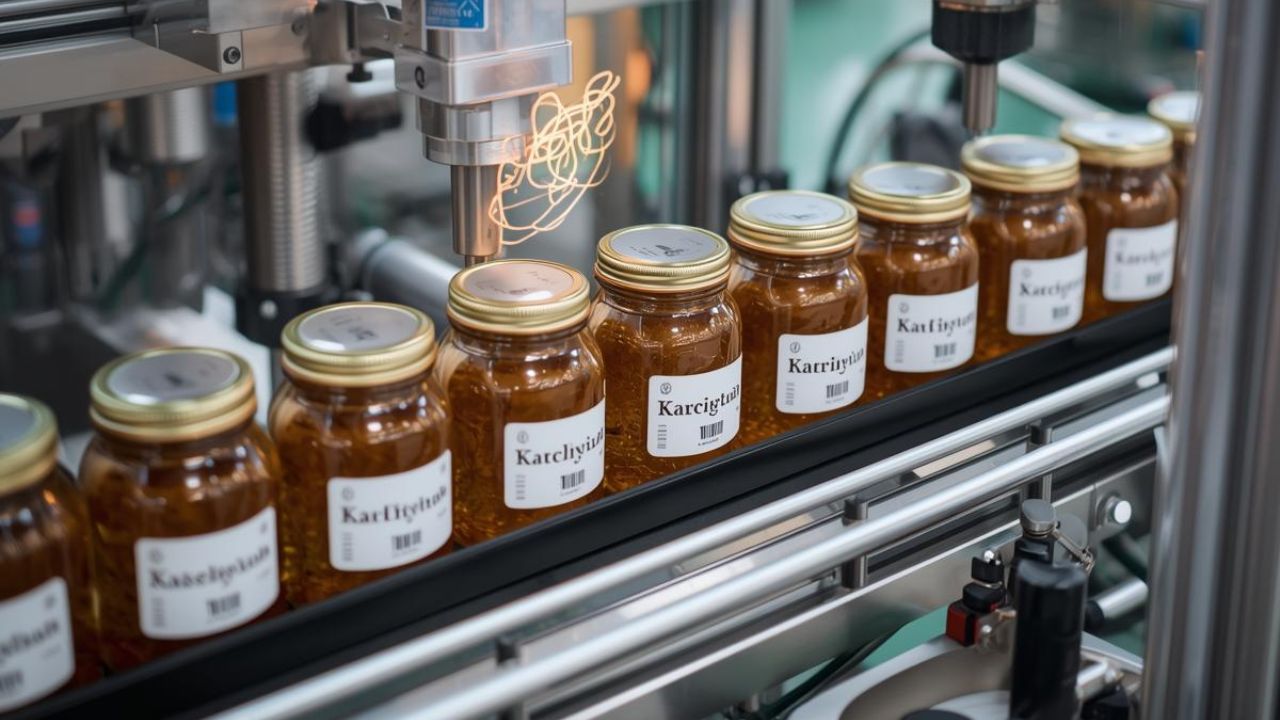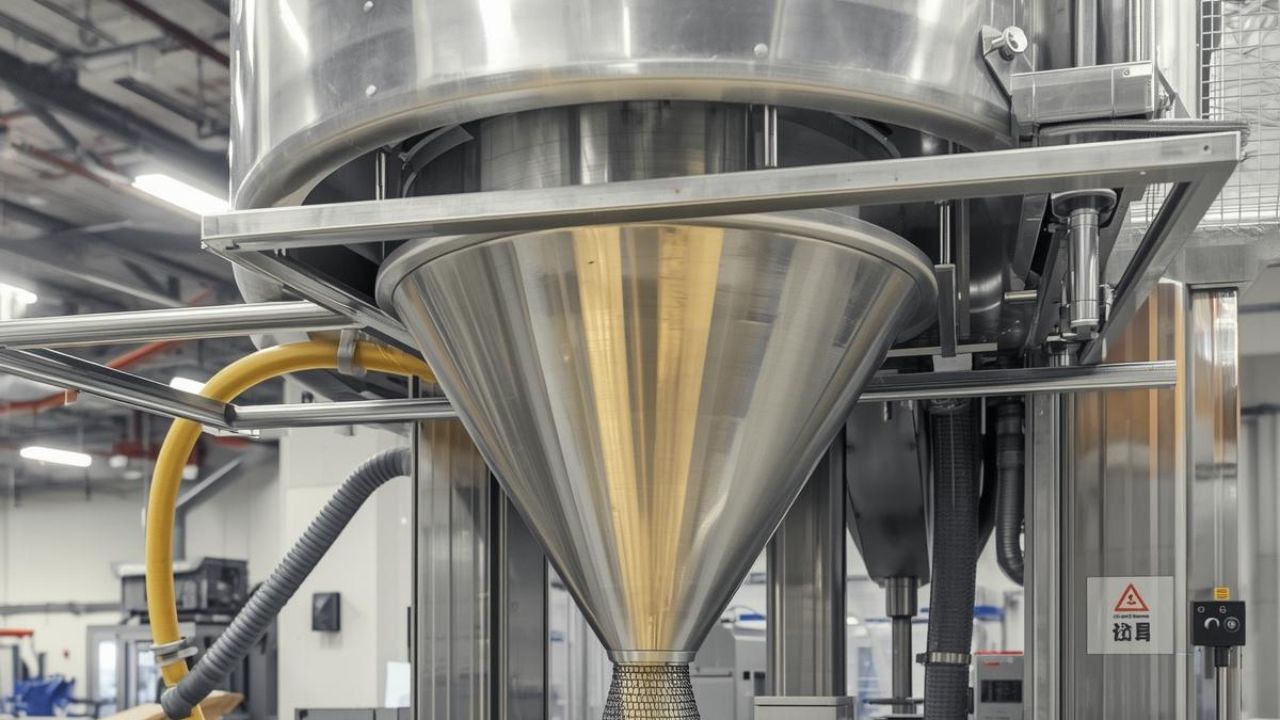Key Takeaways:
- Pharmaceutical filling machines are essential for ensuring patient safety and regulatory compliance by providing superior filling accuracy for both liquid and solid medicines, which is non-negotiable in the pharma industry.
- These machines significantly reduce material waste and contribute to cost savings through advanced features like calibration systems, inline check weighing, and automatic detection systems that prevent overfilling and reject faulty containers.
- Modern filling machines are more than just dispensers; they enhance production efficiency and reduce manual labor by integrating smart technology, conveyor systems, and automated weighing systems into streamlined, high-volume production lines.
- By automating processes and offering customization options, these machines allow pharmaceutical companies to scale their production to meet demand without sacrificing the precision, consistency, or quality control needed for every batch.
- The right pharmaceutical filling equipment supports long-term sustainability by minimizing spillage and optimizing workflows, which helps manufacturers achieve both their profitability and environmental goals.
Pharmaceutical filling machines are at the heart of safe and efficient medicine production. In the pharmaceutical industry, where patient safety and regulatory compliance are non-negotiable, every drop matters. A single miscalculation in dosage or packaging can lead to drug interactions, regulatory penalties, or diminished customer satisfaction.
That’s why investing in the right pharmaceutical packaging machines and filling technologies is critical. From volumetric filling machines to liquid filling lines, modern pharma packaging machines enhance production efficiency, reduce manual labor, and ensure consistency across production lines.
Why Accuracy Matters in Pharmaceutical Filling
The pharmaceutical sector has unique challenges compared to the broader manufacturing industry. Unlike food or cosmetics, the stakes are higher — medicine errors can jeopardize patient safety.
Pharmaceutical filling machines ensure:
- Filling accuracy for both solids and liquid medicines.
- Compliance with strict regulatory standards.
- Consistency across high-volume production lines.
- Reduced material waste and improved cost savings.
- Seamless integration with labeling systems and batch tracking technology.
Modern filling machines go beyond dispensing — they integrate smart technology like automatic detection systems, adjustable filling mechanisms, and level sensors to provide superior control.
Types of Pharmaceutical Filling Machines
Different medicines require different filling technologies. Selecting the right pharma packaging machine depends on product type, container design, and volume requirements.
- Volumetric Filling Machines: Offer precise measurements, critical for liquid medicines and powders.
- Liquid Filling Machines: Handle everything from syrups to suspensions, ensuring accurate flow control.
- Pump-Filling Machines: Designed for thicker solutions, minimizing dosing errors.
- Pharmaceutical Bottle Filling Systems: Automated bottle filling line layouts streamline bulk production.
- Volumetric Filling Systems: Enhance production efficiency by delivering uniform dosages.
- Advanced Filling Systems with Smart Technology: Feature data integration, level control systems, and automated weighing systems for superior accuracy.
These machines form the backbone of pharmaceutical packaging equipment, ensuring consistency and reliability across every batch.
How Filling Machines Reduce Waste
One of the biggest advantages of modern filling machines is their ability to minimize material waste. This not only saves money but also supports sustainable solutions in the manufacturing industry.
Key waste reduction techniques include:
- Calibration systems that ensure every container receives the exact dosage.
- Inline check weighing systems for real-time monitoring and corrections.
- Automatic detection systems that identify and reject faulty containers.
- Adjustable filling mechanisms to adapt to container variations.
- Level sensors and level control systems for precise volume management.
- Conveyor systems that maintain a steady flow across the bottle filling line layout.
👉 Together, these innovations lower labor costs, reduce rework, and contribute to cost savings while maintaining product quality.
Compliance and Patient Safety
Maintaining regulatory compliance is essential in the pharmaceutical industry. Errors in dosage or labeling can lead to severe consequences, from recalls to risks of drug interactions.
Pharmaceutical filling machines support compliance by:
- Integrating labeling systems that meet FDA and global regulatory standards.
- Providing batch tracking technology for traceability across production lines.
- Using automated weighing systems for dosing consistency.
- Enabling hygienic design for handling & sterilizing containers.
Ultimately, accurate filling machines not only ensure patient safety but also reinforce trust in pharmaceutical brands.
Enhancing Production Efficiency with Filling Machines
A reliable pharmaceutical filling machine does more than improve accuracy — it streamlines entire production lines.
Modern filling machines enhance efficiency through:
- Automation: Reducing manual labor with conveyor systems and robotic handling.
- Customization options: Adapting to different container sizes, caps, and dosages.
- Data integration: Real-time monitoring of output for faster decision-making.
- Smart technology: Preventing downtime with predictive maintenance alerts.
- Inventory management tools: Helping optimize supply chain flow.
For pharmaceutical companies, these features translate into faster throughput, lower costs, and higher customer satisfaction.
Features of Advanced Filling Systems
Today’s advanced filling systems are designed to meet the exacting standards of the pharmaceutical market. They include:
- Volumetric filling systems for high-precision dosing.
- Liquid filling machines with anti-drip and anti-foam technologies.
- Inline check weighing systems to confirm container weights.
- Automated weighing systems for continuous monitoring.
- Filling heads designed for speed and hygiene.
- Smart technology with data integration for analytics.
- Sustainable solutions using eco-friendly materials and processes.
These features ensure that pharmaceutical firms can scale production lines without sacrificing product quality or compliance.
Waste Reduction and Sustainable Solutions
Pharmaceutical companies face pressure to deliver sustainable solutions. Modern filling technologies help reduce environmental impact while ensuring profitability.
- Waste reduction techniques cut down on excess raw materials.
- Advanced filling systems minimize spillage during production.
- Automated weighing systems reduce overfilling.
- Conveyor systems optimize workflows to lower energy use.
- Smart technology ensures fewer recalls, lowering waste across supply chains.
By prioritizing waste reduction techniques, manufacturers achieve both cost savings and sustainability goals.
Ready to Upgrade Your Pharmaceutical Filling Process?
At Wolf-Packing Machine Company, we deliver cutting-edge pharmaceutical packaging machines and pharmaceutical filling machines that improve filling accuracy, reduce material waste, and streamline production lines. From volumetric filling systems to complete liquid filling lines, our solutions are built for compliance, safety, and efficiency.
Contact us today for a consultation and discover how our advanced pharmaceutical packaging equipment can transform your operations.
Frequently Asked Questions
What is the main advantage of using a pharmaceutical filling machine?
It improves filling accuracy, ensures regulatory compliance, and reduces material waste compared to manual processes.
How do filling machines help reduce labor costs?
By automating bottle filling line layouts, filling heads, and conveyor systems, they minimize manual labor and lower labor costs.
Which filling machines are best for liquid medicines?
Liquid filling machines and pump-filling machines are ideal, supported by volumetric filling systems for dosing consistency.
How do advanced filling systems improve sustainability?
They use waste reduction techniques, sustainable solutions, and automated weighing systems to cut excess usage and energy consumption.











